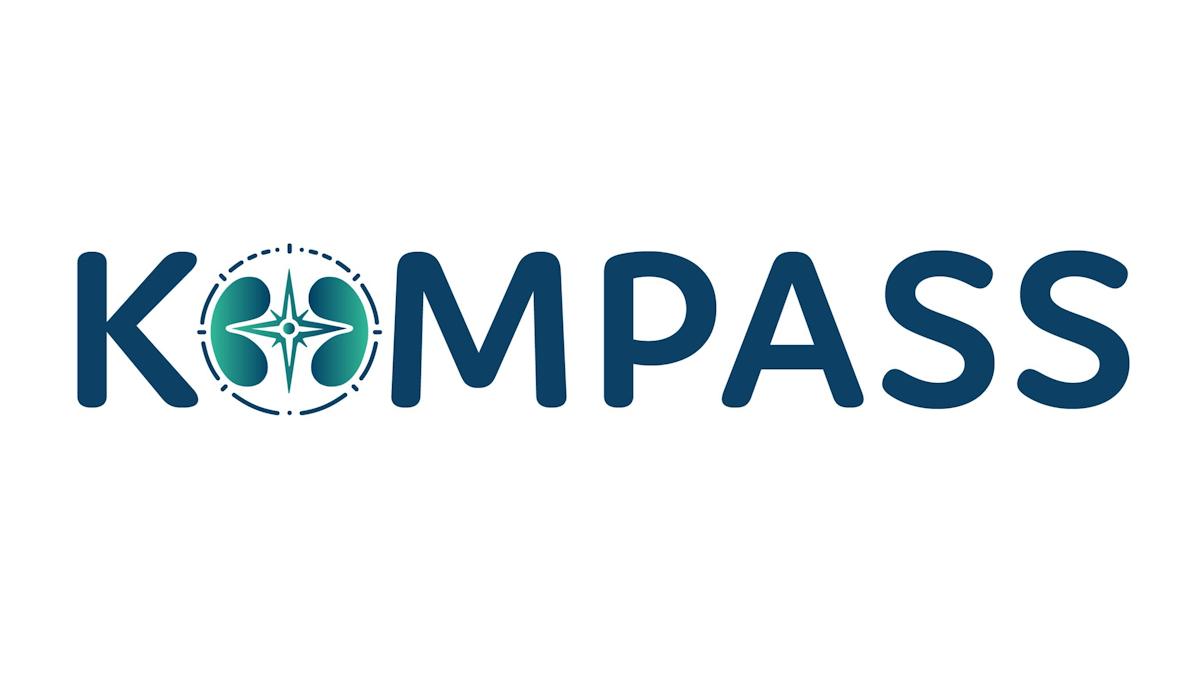Wellcome funds work on regulating digital mental health tools

An explosion of digital mental health tools being offered for sale has presented regulators with a problem – how should they be classified and assessed for safety or efficacy? Wellcome has provided funding in the UK to help answer that question.
The healthcare charity is providing £1.8 million (around $2 million) in financial support for UK health technology assessment (HTA) agency NICE and medicines regulator MHRA to develop guidance on "appropriate, risk-proportionate regulation of digital mental health products" that will provide structure to the emerging market.
Digital mental health tools are already being deployed by the NHS, but so far in a fairly haphazard manner, with few being rolled out in a coordinated way. One exception to that is Big Health's digital cognitive behavioural therapy (CBT) course Sleepio for insomnia, which was broadly adopted by NHS Scotland last year, and recently endorsed by NICE for use by NHS England.
Clarity on the characteristics of the category – for example, whether they are medical devices and, if so, which risk classification they would fall under – could be a big step forward in developing the sector and ensuring all products made available to patients are safe and effective.
Wellcome's funding will be used to develop guidance that will determine what qualifies as a medical device and the risk classification they would fall under, as well as a review of the current evidence base for these software-based devices.
"This work is one way both organisations can simplify and streamline the process of getting wide-scale adoption of safe, clinical, and cost-effective digital mental health products into the hands of the people who need them and help ease the pressure on the NHS," commented Mark Salmon, programme director for information services at NICE.
The NHS Long-Term Plan (LTP), includes a pledge to develop digitally enabled pathways of care and enable mental health providers to be connected with each other and other disciplines within the health service.
Earlier this month, the NHS launched a programme to investigate how data sharing and digital health technologies (DHT) could close an "historic treatment gap in mental health provision" caused by chronic lack of support for the sector that had resulted in convoluted access pathways, long waiting lists, and poor long-term outcomes.
Mental health problems are estimated to cost the UK economy at least £118 billion a year, according to research by the London School of Economics and Political Science.
"Digital mental health tools offer millions of people vital support and guidance to explore and help manage their mental health issues every day. However, there are a number of regulatory complexities in establishing when these products should be regulated and what evidence they must have to demonstrate safety and effectiveness," said Johan Ordish, head of software and AI at the MHRA.
"We need to make sure that we are able to answer these questions, to ensure that patients can be confident in the choices they make to support their mental health."













